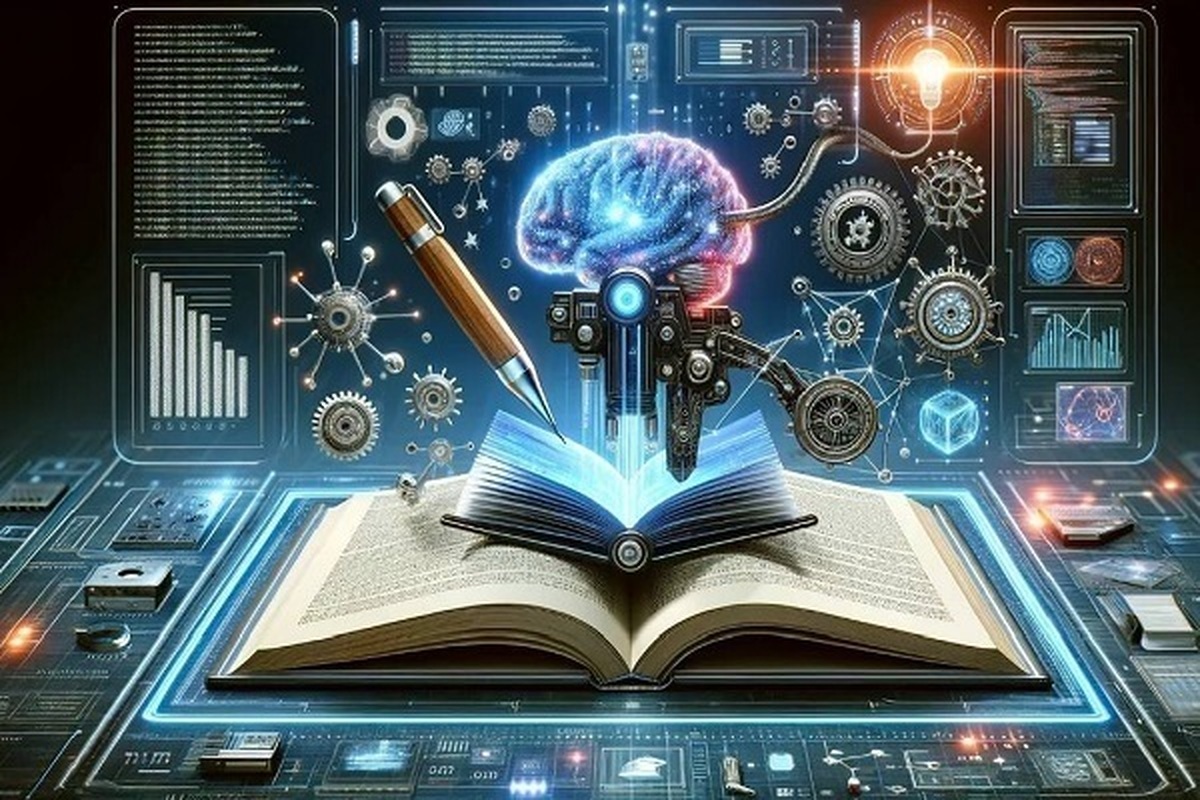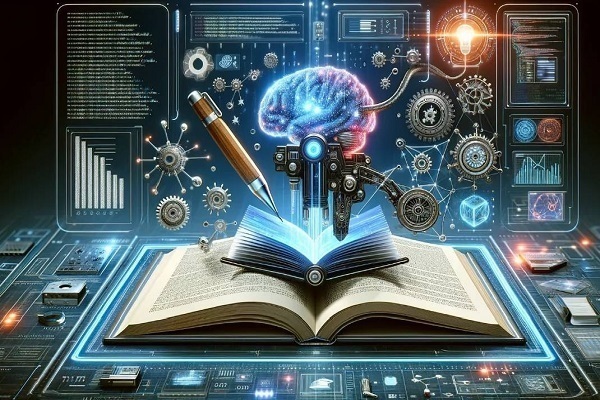Challenges of Using AI in Processing Quranic Verses


However, some religious scholars, preachers, and jurists warn about the distortion of Quranic verses when people use AI in analyzing and citing verses of the Quran.
Mohammad Asgar, an analyst for the Egyptian newspaper Sadi el-Balad, has addressed the errors in artificial intelligence data processing regarding the Quran and Hadith in a recent article, excerpts of which are as follows:
Artificial intelligence is one of the most significant technological developments of the modern era and is increasingly utilized in various fields, including the processing of religious texts.
Among these, the Holy Quran is the most sacred religious text, and artificial intelligence is used to facilitate access to it and study its verses. However, the application of AI in the text of the Quran faces challenges, particularly in the areas of resource retrieval and the presentation of Quranic verses.
Recently, the use of artificial intelligence has surged worldwide, attracting millions of users.
Despite the relatively short time since AI was discovered, its adoption has become widespread due to its accessibility and the free availability of its services. This raises concerns about potential misuse or reliance on it in religious matters.
For this reason, warnings have been issued (by scholars) against relying on artificial intelligence or other unreliable technologies in religious matters, with the distortion of the Quran being one of the most significant issues observed in the use of AI. This distortion poses one of the most dangerous problems that could lead to religious and sectarian conflicts.
Artificial intelligence primarily relies on the accuracy of input data; therefore, incorrect and unreliable data inevitably result in erroneous outcomes.
Additionally, AI chatbots, by allowing open and free access for everyone to input data, increase the likelihood of errors in results, even with the developed models from major and reputable companies like Google and Meta.
Imagine that while reading the Quran, a simple question arises in your mind, and you seek an answer or an interpretation of a specific verse.

In the past, before the advent of the internet and artificial intelligence applications, you would turn to Quran interpretations or consult a knowledgeable and trustworthy scholar to find the answer to your question.
However, now with the emergence of the internet and the proliferation of AI-driven applications and various chatbots, you would immediately refer to them to find the answer, and in many cases, the response you receive is entirely generated by AI, which may distort Quranic verses or attribute incorrect Hadiths to the Prophet (PBUH).
Read More:
This situation can mislead someone who is not familiar with the Quran and can be confusing for them; while this person relies on AI to understand their faith and seek answers to their questions, they may ultimately become confused in their beliefs and stray from the correct religion.
Therefore, as Muslims, we must be aware of the dangers of this issue and rely on the authentic teachings of Islam as a way of life that aligns with our values, principles, and beliefs.
We should also constantly remind ourselves that AI is merely a helpful tool, and a deep understanding of religious texts will always require human interpretation based on knowledge and religious insight.
4272082



